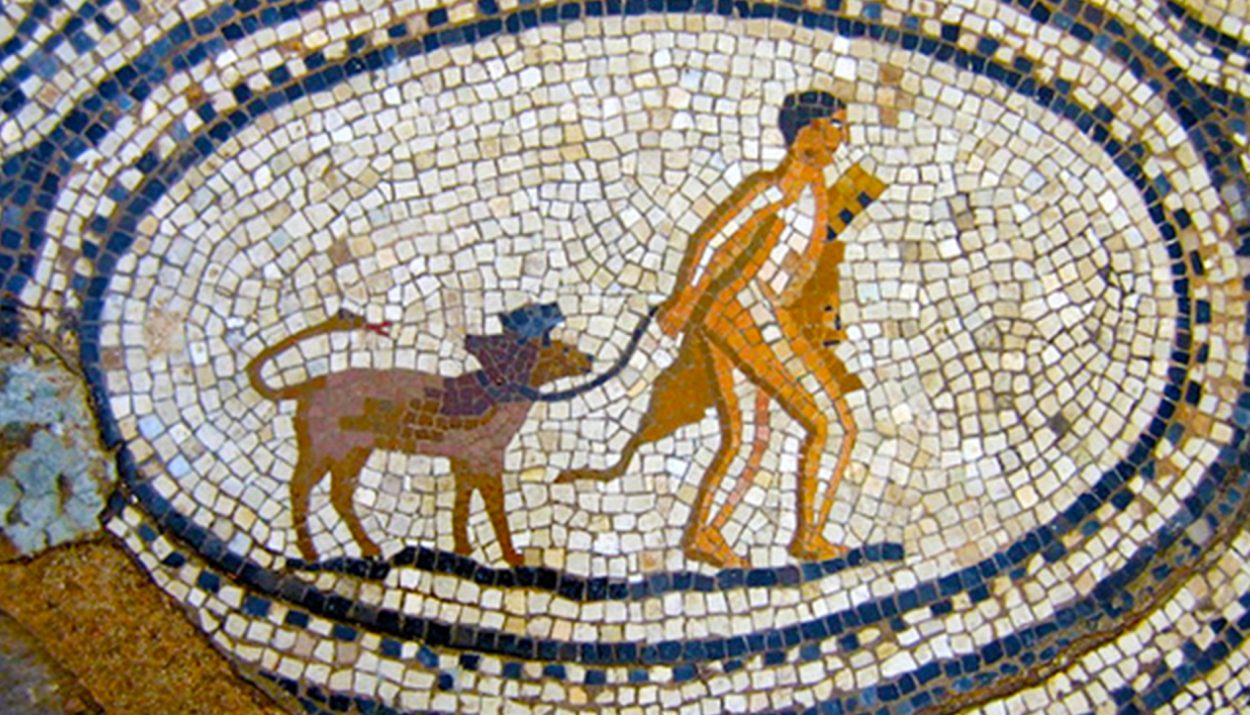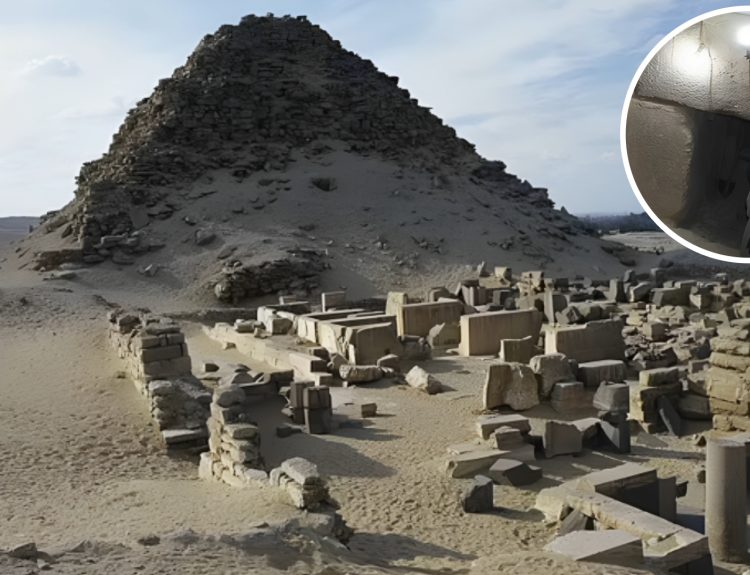Dogs have been mankind’s most loyal and trusty companion since prehistory when early humans first bonded with an adorable pooch. We make a great team – humans and dogs. We provide dogs with shelter, food, love, and attention, and they reward us by protecting us, helping us hunt, and most importantly, showing us unconditional love.
Pet owners in antiquity doted on their pups just as much as we do today. Evidence of that can be found in the numerous dog graves that have been unearthed with touching epitaphs. These are proof that the ancient Romans and Greeks were dog people and mourned deeply when their beloved canine besties crossed the rainbow bridge.
Dogs Were Part of the Family
If you have ever experienced the death of a beloved dog, you know that the grief is akin to losing a family member. The ancient Greeks and Romans felt the same way. Dog owners of the past, like today, view their pets as surrogate children.
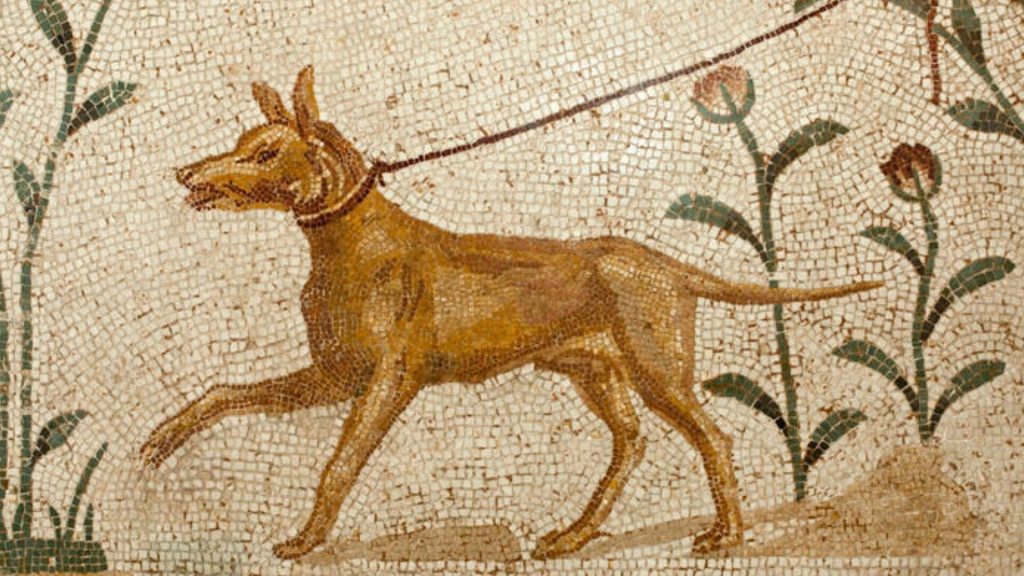
We can see evidence of this on the inscription on one ancient Roman dog grave. The grieving owner left the heartfelt epitaph, “To Helena, foster child, soul without comparison and deserving of praise.”
Letting the Dog Do the Talking
On another ancient dog grave that has been found, the pet’s owner, Rhodope, took an anthropomorphic approach by letting the dog do the “talking” on its own gravestone.
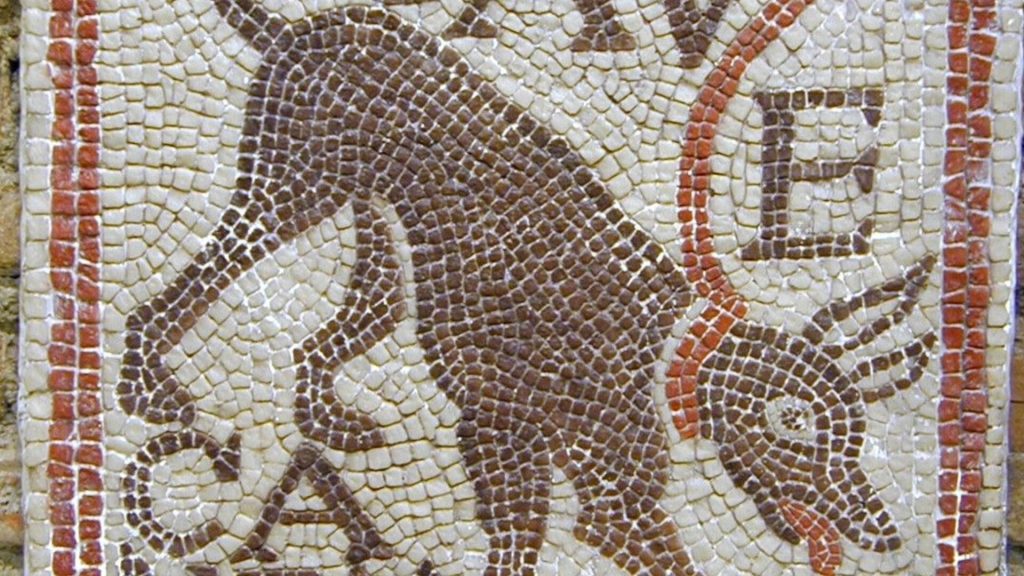
It read, “This is the tomb of the dog, Stephanos, who perished, Whom Rhodope shed tears for and buried like a human. I am the dog Stephanos, and Rhodope set up a tomb for me.” We can only assume that Stephanos was the best friend and loyal companion of Rhodope … and all-around good boy!
Another Ancient Dog Who “Wrote” His Own Epitaph
Apparently, Stephanos wasn’t the only ancient Roman pooch with a first-person epitaph. This next one offers a reminder to passersby that the deceased pet was greatly loved and mourned.
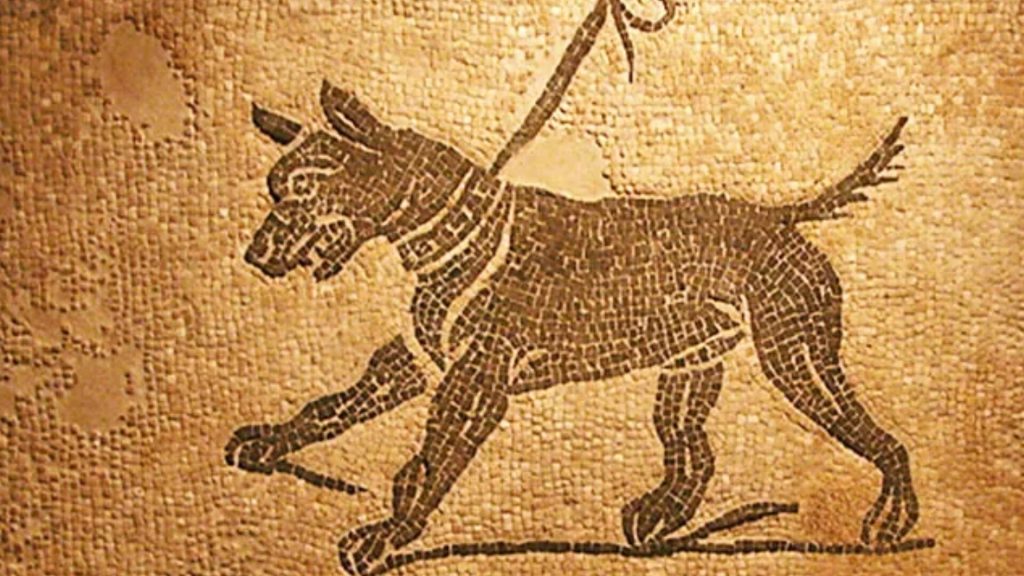
“Thou who passest on this path, If haply thou dost mark this monument, Laugh not, I pray thee, though it is a dog’s grave,” this inscription reads. “Tears fell for me, and the dust was heaped above me By a master’s hand.”
The Poetic “Pathways of Night“
We all want to believe that all dogs go to heaven, which is why we have poetic phrases we use when a dog dies, such as “crossing the rainbow bridge” or “going to the happy hunting ground in the sky.” On one Roman dog grave discovered in present-day Malta, we see another example of this.
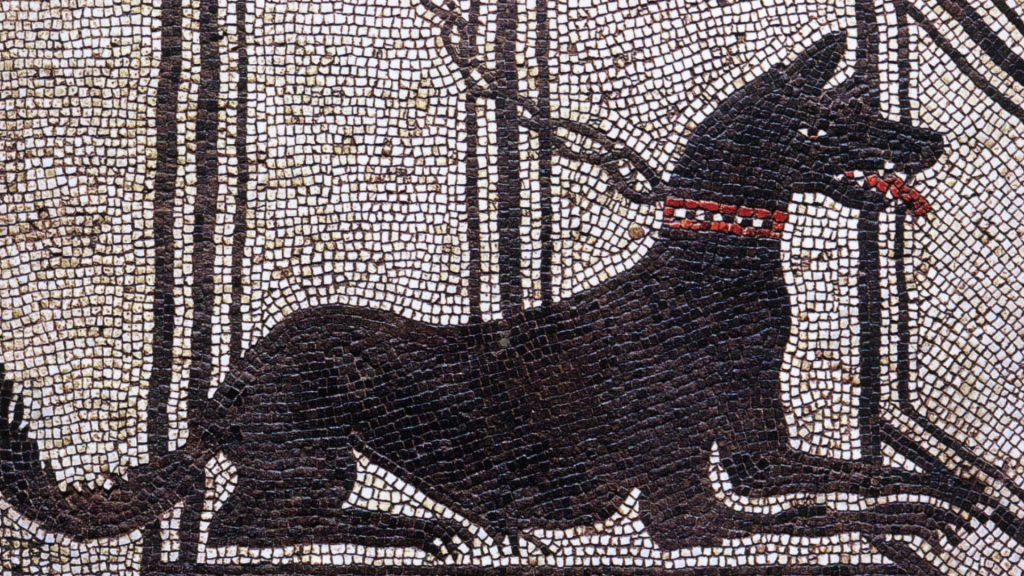
The dog’s owner, Eumelus, writes on the tomb, “Here the stone says it holds the white dog from Melita, the most faithful guardian of Eumelus; Bull, they called him while he was yet alive: but now his voice is prisoned in the silent pathways of night.”
Everyone Loves a Well-Mannered Dog
“Myia never barked without reason, but now he is silent,” reads another ancient Roman dog gravestone. Even in death, this pet owner still admires the well-mannered qualities of his dog.
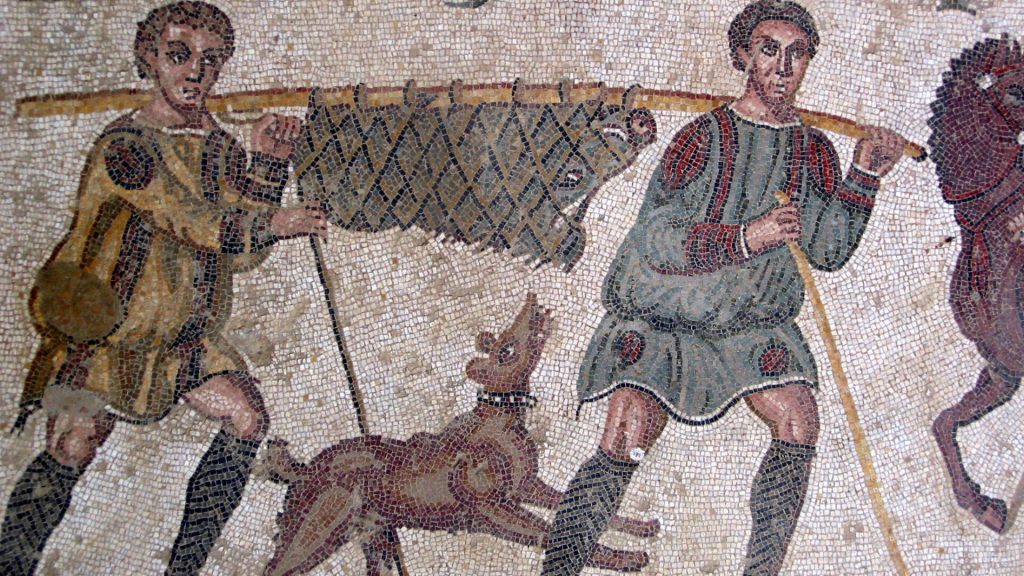
The only fault with dogs is that they don’t live forever. We see this testament echoed on an Ancient Greek dog tomb that says, “I am in tears, while carrying you to your last resting place as much as I rejoiced when bringing you home in my own hands fifteen years ago.”
Dogs Are People, Too
Dogs are people, too. At least that is what Patricus’s owner implied on this Roman dog’s tomb. The epitaph says, “My eyes were wet with tears, our little dog, when I bore thee to the grave…So, Patricus, never again shall thou give me a thousand kisses, Never canst thou be contentedly in my lap.”
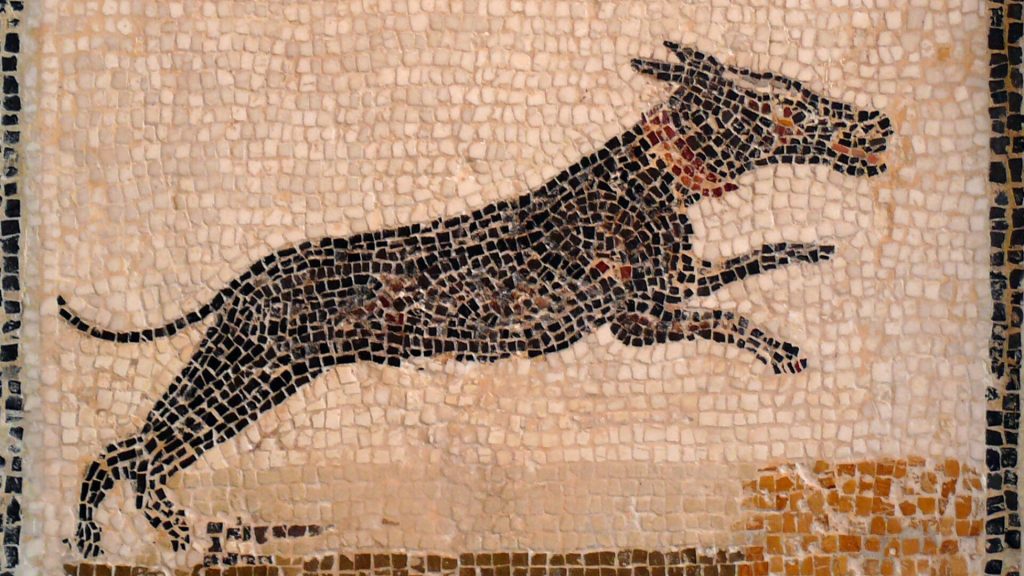
The heartbroken owner continued, “In sadness have I buried thee, and thou deservist. In a resting place of marble, I have put thee for all time by the side of my shade. In thy qualities, sagacious thou wert like a human being. Ah, me! What a loved companion have we lost!”
“Sweeter Than a Hundred Maidens“
When Publius of Rome lost his beloved dog, he also likened her to a human in her epitaph. We can feel the emotions in Publius’s words as he sang the praise of his dearly departed dog.
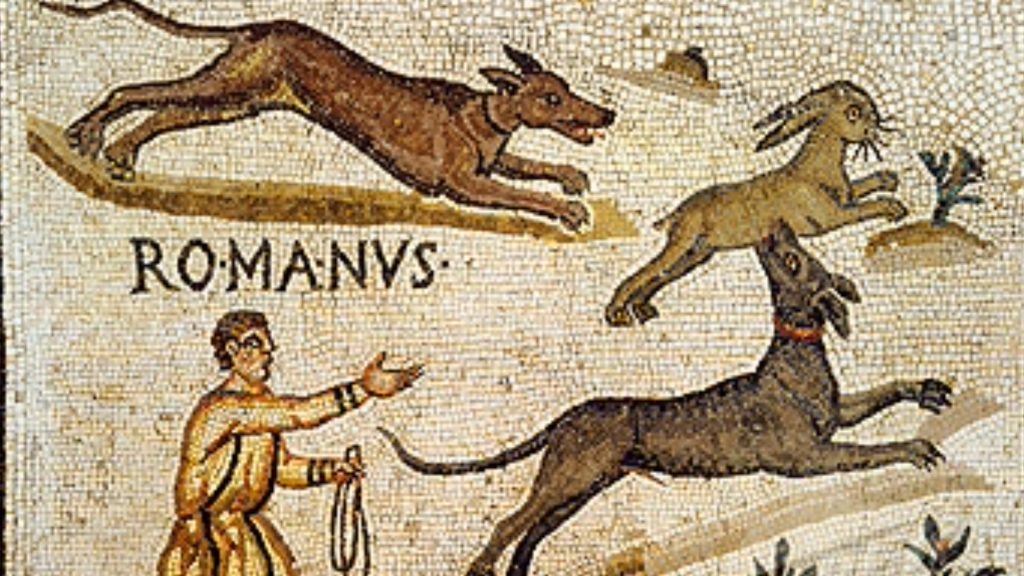
“Issa’s more pert than Lesbia’s sparrow love, Purer than kissed of a turtle-dove, More sweet than a hundred maidens rolled into one, Rarer than wealthy India’s precious stone,” her grave maker tells us. “She is the pet of Publius, Issa dear; She whines, a human voice you seem to hear.”
Hunting Dogs Were Vital for Survival
Dogs were used as hunting companions, guard dogs, herding dogs, and even as pack animals in Greek and Roman times. Just because these dogs had a job to do didn’t mean they were any less loved by their owners.
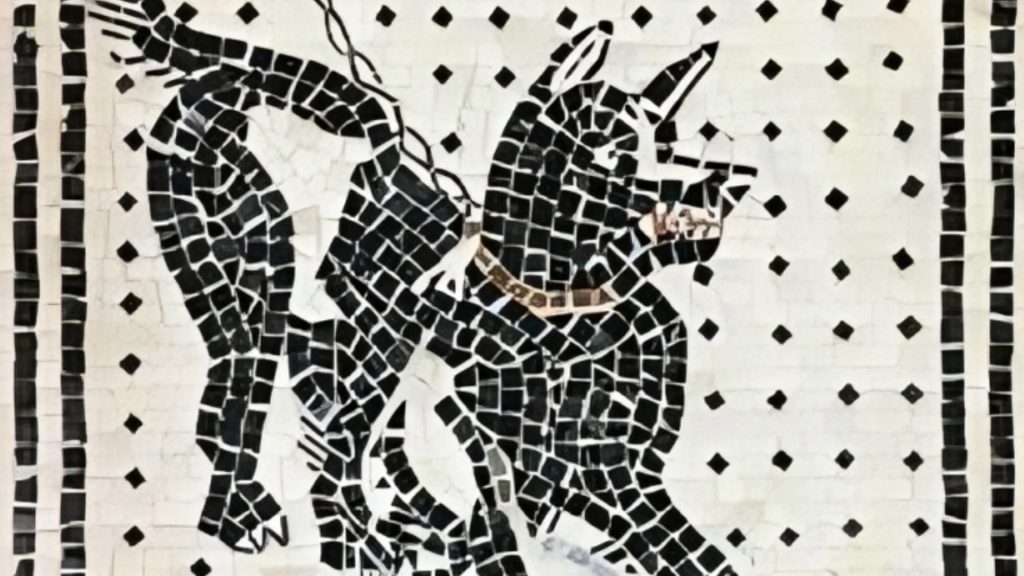
We see this in the epitaph for a hunting dog, Lycas. The inscription reads, “Surely even as thou liest dead in this tomb I deem the wild beasts yet fear thy white bones, huntress Lycas.”
And, the Ancient Egyptians Loved Their Dogs, Too
The ancient Greeks and Romans didn’t have a monopoly on human-dog bonds. Indeed, archaeologists have discovered the tombs of pet dogs in Africa, China, and Mesoamerica. Dogs were also treasured pets of the ancient Egyptians. They were companion animals, watchdogs, and helpers on the hunt and the battlefield.
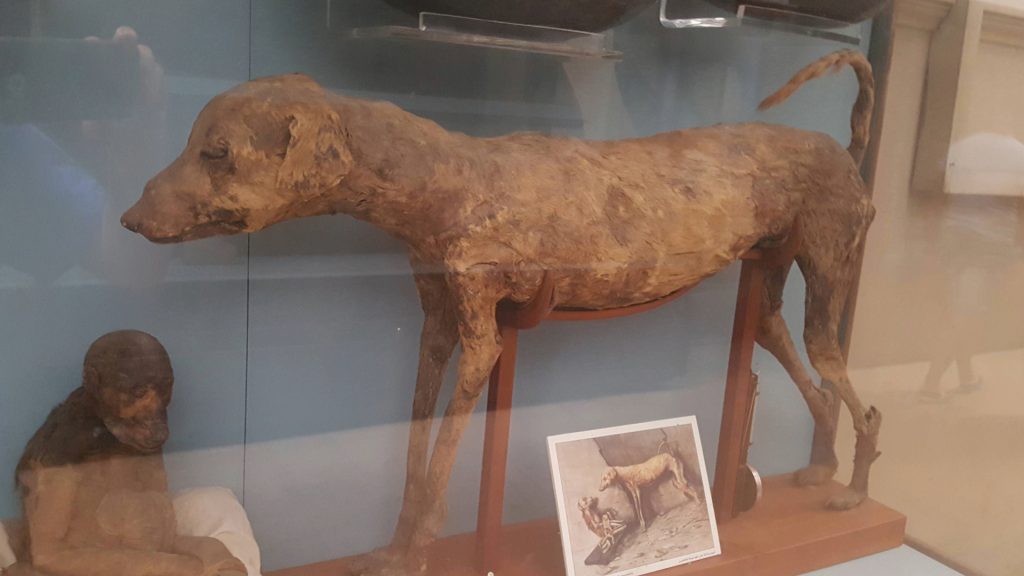
The mummified remains of Egyptian dogs have been found in the tombs of ancient pharaohs. The pharaohs wanted to be sure to have their faithful and loving dogs by their side as they journeyed into the afterlife.

